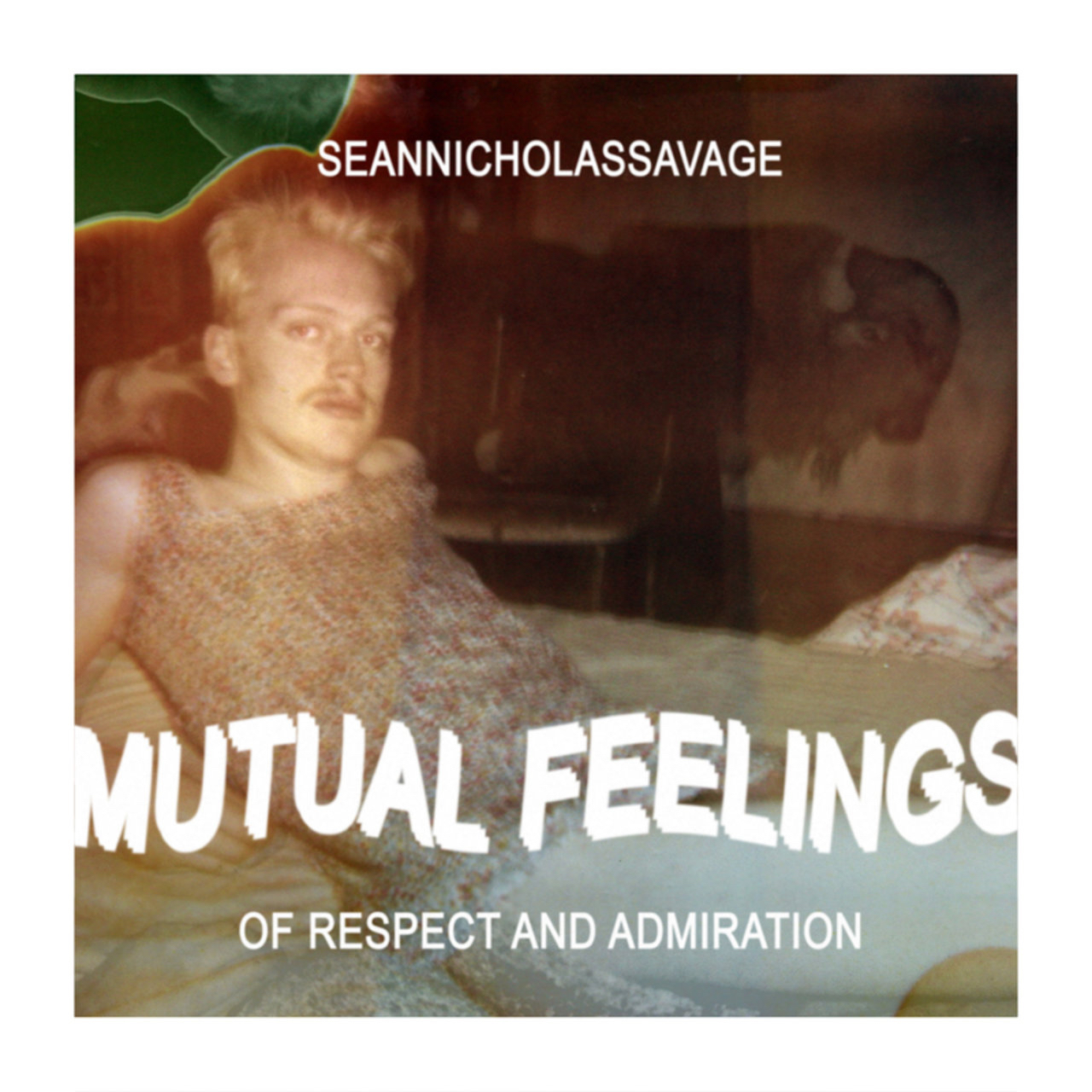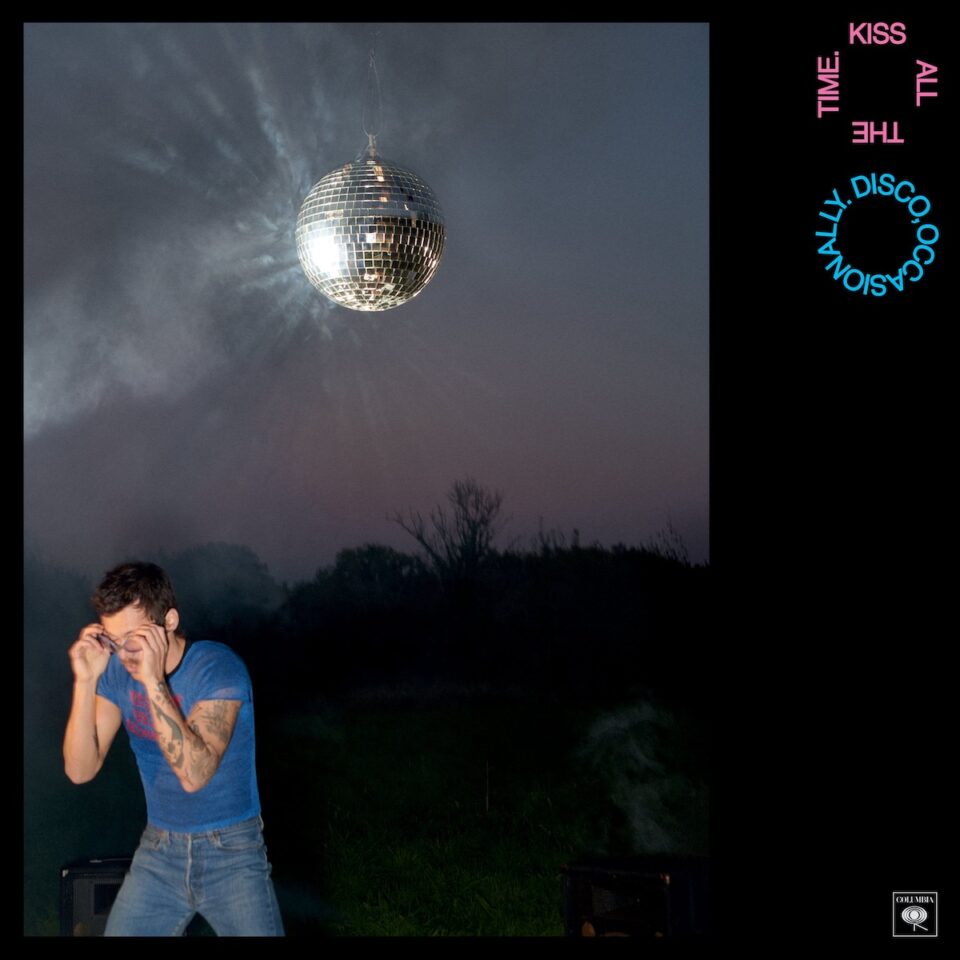Canon is hardly foolproof. It’s generally not wrong—no one’s saying there’s any argument to be made against Sgt. Pepper’s or The Godfather—but it is incomplete. Sometimes it’s underexposure and sometimes it’s overexposure, but for whatever reason, things fall through the cracks.
With that in mind, The Back Pages is a crate-digging, B movie–watching, moldy book–reading column with the intention of offering a hand from the departing ship of the common vernacular. It’s cultural mutiny, from stern to bow. Jump aboard.
Sean Nicholas Savage is one of those musicians who could be, by someone lazier than me, deemed a “cult artist.” Certainly he checks off all the appropriate boxes typically associated with that particular moniker: A lack of commercial success. A small but rabid fanbase. Perhaps most importantly, an unmistakable and unrestrained weirdness. He reads poems between songs on stage. His glowing Arbutus Records bio reads like it might have been self written. Even Savage himself seems aware of the outsider reputation he’s acquired, a reaction he appears mystified by. None of this would matter, however, if not for the music itself, which is some of the most strikingly vulnerable and offbeat pop music out there right now.
As a primer to Savage, Mutual Feelings of Respect and Admiration (dig that mouthful of a title) might be the clearest statement of purpose from the artist thus far. Yet it is also undoubtedly one of the hardest entries in his catalog to obtain in any physical form. For the hardcore devotees and cult members, a definite shame. But this is the age of readily available streaming—a boon to anyone with the Internet and a set of speakers who happens to be curious about this would-be lost gem.
To the uninitiated, here’s what you’re in for: after a Bee Gees–styled introduction on “Oo La La,” the opening couplet goes, “I love you / No need to tell me you want me, too.” From there, the lyrics proceed to ruminate on this concept over a four-on-the-floor beat for the remaining three minutes. Or how about the beginning of the very next song, “Disco Dancing,” which features Savage gently whispering in your ear, “This song’s for you / You know I love you, good friends,” before disco strings swell to fill the space. To the more cynically minded of the indie persuasion, this might smack of sarcasm. But in fact, what makes it all so compelling—and what sets it apart—is that it is 100 percent earnest. Understandable if it seems a little much at first, as even the album cover could set off bullshit detectors everywhere. I mean, Christ, look at that cover.
So far, Savage’s wide-eyed odyssey has taken on a litany of guises, from the folk-pop of his earliest albums to the ’80s AM radio material of Flamingo and Won Ton Jazz to even the skeletal new wave of Other Life. Following in this tradition, Mutual Feelings is set in a Studio 54–styled backdrop. That said, don’t mistake any of it for retroism. While disco soundtracked a nightlife culture of hedonism and good times, the world that Savage occupies seems a lot less cheery and a lot more celibate. Take “Disco Dancing,” which features all the classic hallmarks of a ’70s crowd-pleaser, including catchy orchestration and a metronome-precise kick drum. Yet the song itself is more of a Rat Pack crooner at heart. The maudlin narrator talks of being compelled by disco music to say “I’ve never been in love with anyone like you before” as he gazes at the object of his affection, whom he best likens to a rainbow, ya dig? Think of Sinatra’s “Strangers in the Night,” only not sung by someone who apparently fucking hated his own song, but by someone who believes in every single cheesy line. And who wants you to dance, of course.
Think of Sinatra’s “Strangers in the Night,” only not sung by someone who apparently fucking hated his own song.
Thematically, the album at large concerns itself primarily with this same sense of infatuation and longing, one that is completely monogamous and downright obsessive in its conviction. Indeed, these are love songs, but it’s the kind of love that seems to exist only in Victorian literature and Hays Code movies: buttoned-up, delicate, and almost absurdly simple in its purity. It is all warm embraces and bittersweet tears rather than sultry sex and sweat. “Only You,” a song even more disco-indebted than the aforementioned “Disco Dancing,” pairs the upbeat music with some deeply melancholic shit. Savage concedes he never wants to be held by—much less be friends with—anyone else, only the ever-present “you” of the title, and he does this against quite a spirited backbeat. Maybe it’s a gesture intended as celebratory, but in practice it only serves to widen the discrepancy between the smile and the sentiment behind it.
In the hands of a less capable singer, these songs would fall flat. In the hands of a more capable singer, the saccharine tendencies and sweet nothings would be too much to bear. It is Savage’s beautifully untrained voice that carries this record to its emotional heights, a lonely tenor that is unflinchingly honest, desperate, and, no matter how much he might try to hide it, deeply sad. But to hear him tell it, there is nothing unusual or untoward at work here, and maybe these truly are just simply “pop songs with a bit of soul.” Sinatra might have laughed, but I’ll cry to that. FL







